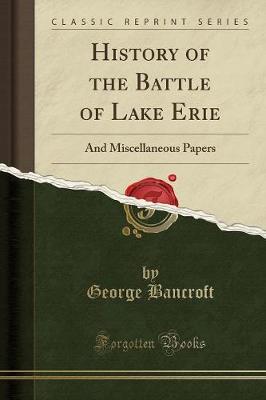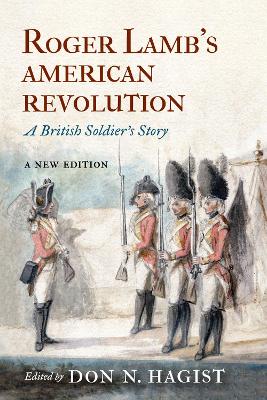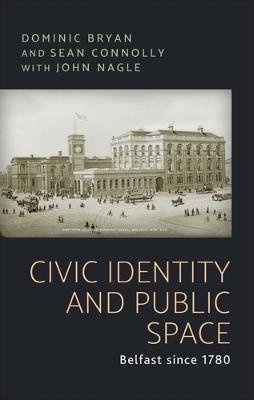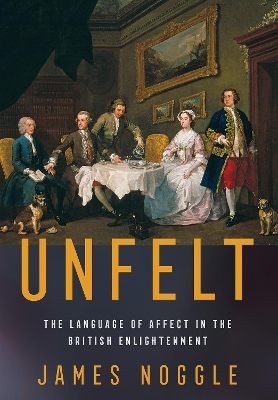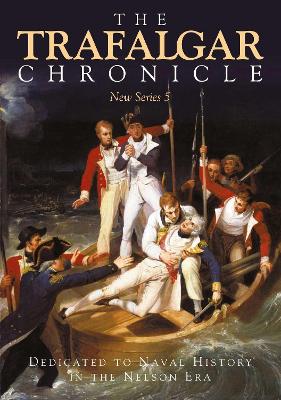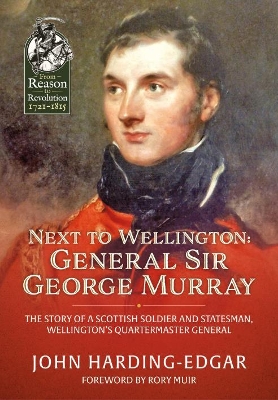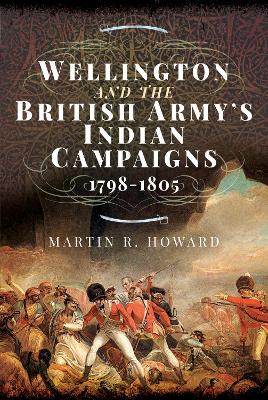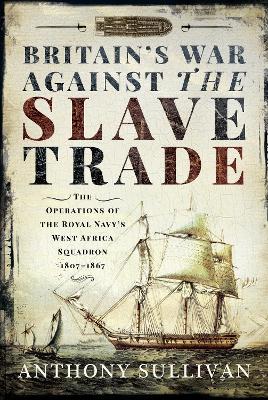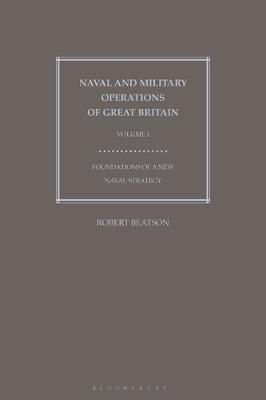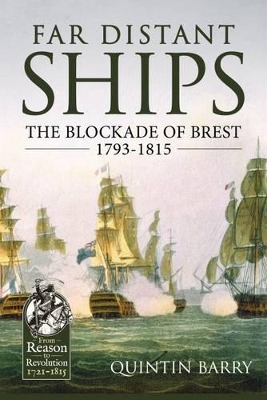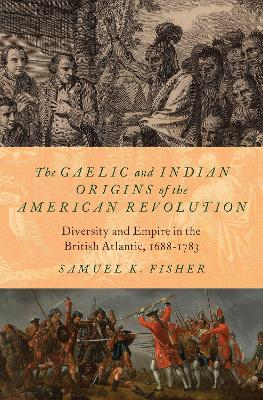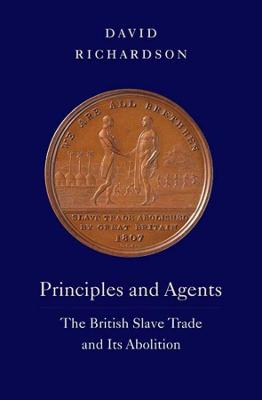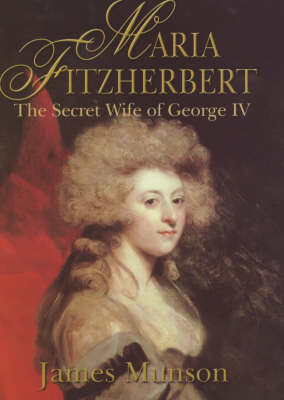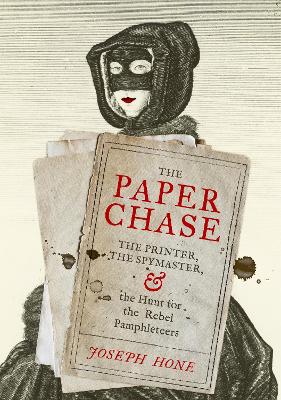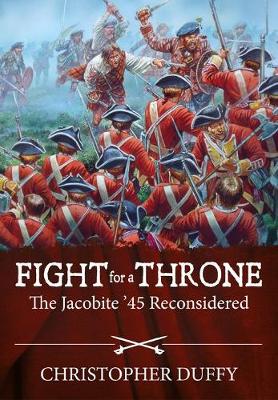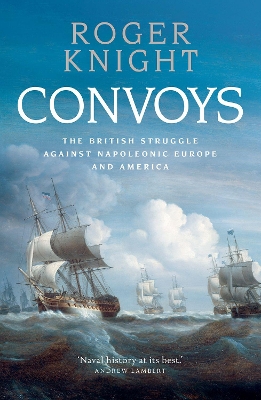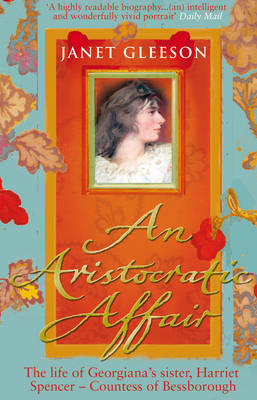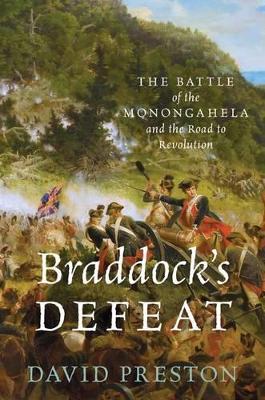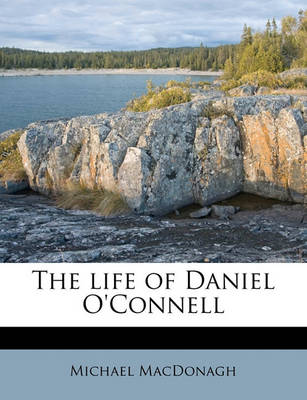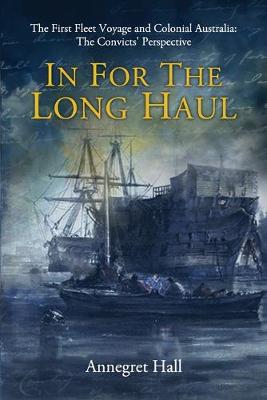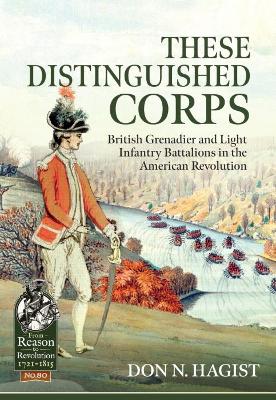Civic identity and public space, focussing on Belfast, and bringing together the work of a historian and two social scientists, offers a new perspective on the sometimes lethal conflicts over parades, flags and other issues that continue to disrupt political life in Northern Ireland. It examines the emergence during the nineteenth century of the concept of public space and the development of new strategies for its regulation, the establishment, the new conditions created by the emergence in 1920...
Unfelt offers a new account of feeling during the British Enlightenment, finding that the passions and sentiments long considered as preoccupations of the era depend on a potent insensibility, the secret emergence of pronounced emotions that only become apparent with time. Surveying a range of affects including primary sensation, love and self-love, greed, happiness, and patriotic ardor, James Noggle explores literary evocations of imperceptibility and unfeeling that pervade and support the peri...
The Trafalgar Chronicle
by Sean Heuvel and Judith Pearson; John Rodgaard
_The Trafalgar Chronicle_ is a prime source of information as well as the publication of choice for new research about the Georgian Navy, sometimes also loosely referred to as 'Nelson's Navy', though its scope reaches out to include all the sailing navies of the period. The central theme of the 2020 issue is 'portrayals of the Georgian Navy though art, literature, and film'. The feature article, by Gerald Stulc, MD, analyses film depictions and portraits of Horatio Nelson, throughout his service...
Next to Wellington. General Sir George Murray (From Reason to Revolution)
by John Harding-Edgar
It was inevitable that a young George Murray, born into a long established Perthshire family with both Jacobite and Hanoverian loyalties, would soon see action in the campaigns against Revolutionary France and Napoleon Bonaparte after obtaining his commission into 3rd Regiment of Foot Guards (the Scots Guards) in 1790. Murray served with distinction in the Low Countries, which were seen as essential to safeguarding Britain's trade links and in Ireland, where the constant threat of insurrection a...
Re-discovering Britain, 1750-1900 (ReDiscovering the Past) (Re-discovering the Past)
by Colin Shephard and Andy Reid
Wellington and the British Army's Indian Campaigns 1798 - 1805
by Martin R Howard
The Peninsular War and the Napoleonic Wars across Europe are subjects of such enduring interest that they have prompted extensive research and writing. Yet other campaigns, in what was a global war, have been largely ignored. Such is the case for the war in India which persisted for much of the French Revolutionary and Napoleonic periods and peaked in the years 1798?1805 with the campaigns of Arthur Wellesley - later the Duke of Wellington - and General Lake in the Deccan and Hindustan. That is...
Long before recorded history, men, women and children had been seized by conquering tribes and nations to be employed or traded as slaves. Greeks, Romans, Vikings and Arabs were among the earliest of many peoples involved in the slave trade, and across Africa the buying and selling of slaves was widespread. There was, at the time, nothing unusual in Britain's somewhat belated entry into the slave trade, transporting natives from Africa's west coast to the plantations of the New World. What was u...
Throughout the long drawn out war at sea during the French Revolutionary and Napoleonic Wars, it was a cardinal principle of British naval strategy to blockade the port of Brest, the largest and most important of the French naval bases that threatened the security of the British Isles. It was a strategy that had been perfected by Sir Edward Hawke during the Seven Years War of 1756 - 1763, when it culminated in the stunning victory of Quiberon Bay. The American naval historian A.T. Mahan memorabl...
The Gaelic and Indian Origins of the American Revolution
by Assistant Professor of History Samuel K Fisher
How did an unlikely group of peoples-Irish-speaking Catholics, Scottish Highlanders, and American Indians-play an even unlikelier role in the origins of the American Revolution? Drawing on little-used sources in Irish and Scottish Gaelic, The Gaelic and Indian Origins of the American Revolution places these typically marginalized peoples in Ireland, Scotland, and North America at the center of a larger drama of imperial reform and revolution. Gaelic and Indian peoples experiencing colonization...
A new history of the abolition of the British slave trade "Easily the most scholarly, clear and persuasive analysis yet published of the rise to dominance of the British in the Atlantic slave trade-as well as the implementation of abolition when that dominance was its peak."-David Eltis, co-author of Atlas of the Transatlantic Slave Trade Parliament's decision in 1807 to outlaw British slaving was a key moment in modern world history. In this magisterial work, historian David Richardson c...
The notorious love affair between George IV and Maria Fitzherbert is one of the most bizarre episodes in the history of the Royal family. It is the story of a young Catholic widow who became the secret wife of the heir to the throne because she had refused to become his mistress. This account reveals a genuine love story between the spoilt, egocentric prince and the older woman who brought peace and order to his life of restlessness and excess, resulting in a marriage that defied English law and...
"A remarkable achievement" SpectatorAn adventure story of politics, philosophy and printing from the age of Queen Anne In the summer of 1705, a masked woman knocked on the door of David Edwards's London workshop. She did not leave her name, only a package and a coded means of identifying her courier.Edwards was a Welsh printer working in the dark confines of Nevill's Alley, outside the city walls. The package was an illegal, anonymous pamphlet: The Memorial of the Church of England. The argument...
The bid of Bonnie Prince Charlie and his Jacobites for the throne of Britain has never lost its grip on the popular imagination. In July 1745 he and a tiny group of companions arrived in Scotland. They came unannounced and unsupported, and yet within less than five months Charles was able to lead an army to within marching distance of London and make King George II fear for this throne. Afterwards the Highland Army continued to out-fight the redcoats in every encounter, except its very last. The...
Nearly forty years ago, Sir Lewis Namier's studies showed that there were no organized national political parties in England during the middle of the eighteenth century, and historians have assumed that much the same statement could be made about het period from 1780's to the 1830's. Professor Ginter questions that assumption, and demonstrates that the origins of modern British electoral organization and political parties can be dated at about the end of the American War. The papers of William A...
The first account of Britain’s convoys during the Napoleonic Wars—showing how the protection of trade played a decisive role in victory During the Napoleonic Wars thousands of merchant ships crisscrossed narrow seas and wide oceans, protected by Britain’s warships. These were wars of attrition and raw materials had to reach their shores continuously: timber and hemp from the Baltic, sulfur from Sicily, and saltpeter from Bengal. Britain’s fate rested on the strength of its economy—and convoys...
As the glittering Hanoverian court gives birth to the English Georgian era, a golden age of royalty dawns in Europe. Houses rise and fall, births, marriages and scandals change the course of history and in France, Revolution stalks the land. Peep behind the shutters of the opulent court of the doomed Bourbons, the absolutist powerhouse of Romanov Russia and the epoch-defining family whose kings gave their name to the era, the House of Hanover. Behind the pomp and ceremony were men and women bor...
The life of Harriet Spencer, Countess of Bessborough, was one of both respectability and high scandal. The aristocracy of the eighteenth century were the A-list celebrities of the day; their lives, loves, fashions and misfortunes avidly reported in the press. They dominated the political world as well as the social, and Harriet was at the very heart of this powerful clique. She was born into the wealth and privilege of the Spencer family - and was the great-great-great-aunt of Diana, Princess of...
Braddock's Defeat (Pivotal Moments in American History)
by David L. Preston
On July 9, 1755, British and colonial troops under the command of General Edward Braddock suffered a crushing defeat to French and Native American enemy forces. The Battle of the Monongahela altered the trajectory of the Seven Years' War in America, greatly escalating the war and inexorably defining its military and political character. The Monongahela was an unprecedented rout of a modern and powerful British army by a predominantly Indian force, and as David Preston shows in this gripping new...
During the American Revolution, British light infantry and grenadier battalions figured prominently in almost every battle and campaign. They are routinely mentioned in campaign studies, usually with no context to explain what these battalions were. In an army that employed regiments as the primary deployable assets, the most active battlefield elements were temporary battalions created after the war began and disbanded when it ended. This work is the first operational study of these battalions...
